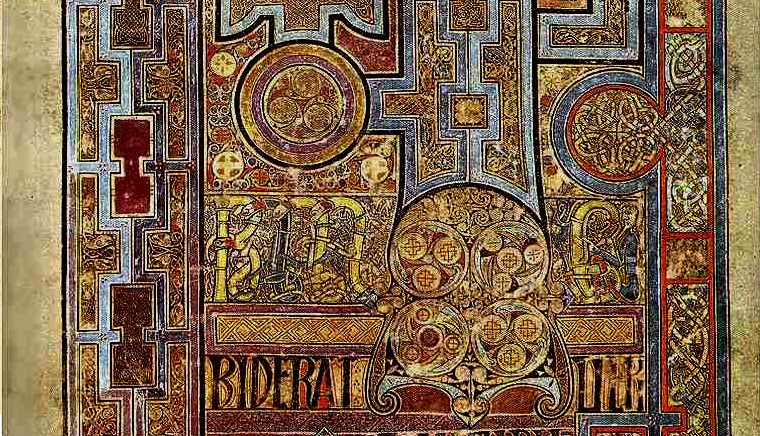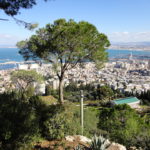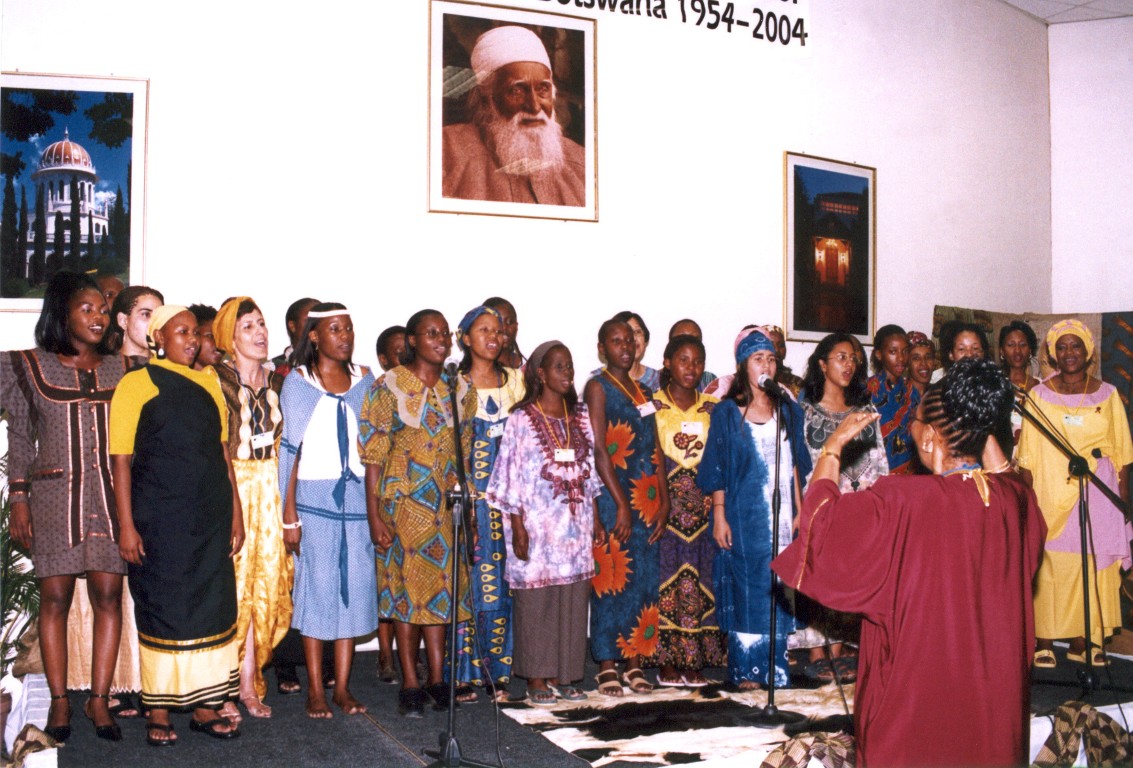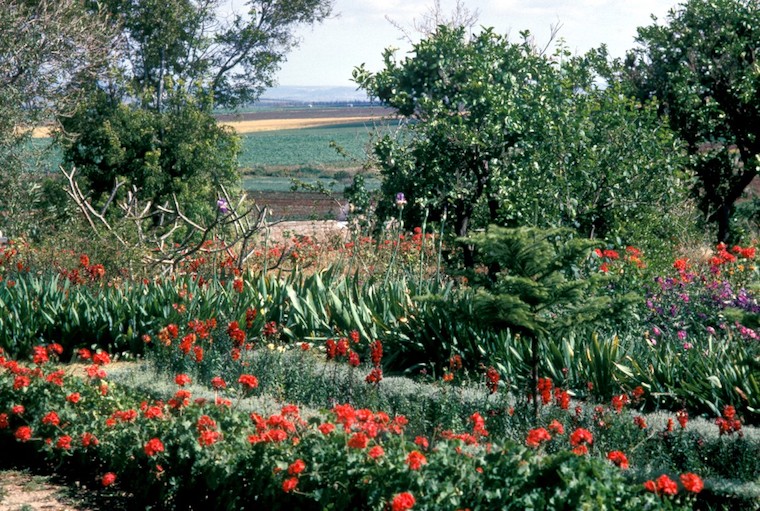
The Word of God
 Words are in some sense like seeds. They germinate as thoughts in the minds of readers or hearers. The exact form that the thought takes in the world of individual imagination differs depending on the soil of that heart and mind.
Words are in some sense like seeds. They germinate as thoughts in the minds of readers or hearers. The exact form that the thought takes in the world of individual imagination differs depending on the soil of that heart and mind.
As we have seen words also have power – to heal or harm – and care is thus required in their use. Thus Bahá’u’lláh states:
One word is like unto springtime causing the tender saplings of the rose-garden of knowledge to become verdant and flourishing, while another word is even as a deadly poison. It behooveth a prudent man of wisdom to speak with utmost leniency and forbearance so that the sweetness of his words may induce everyone to attain that which befitteth man’s station.[1]
Yet compared to the words of the Messengers and prophets of God, human utterance is vanishing and ephemeral. In a sense “like words that are written on water”.[2]
The words of the prophets – the Word of God – is not like that. It has a capacity to transform both inner and outer realities, that our individual words lack. It is the “creative word”. Thus Bahá’u’lláh writes:
The Word of God is the king of words and its pervasive influence is incalculable. … The Word is the master key for the whole world, inasmuch as through its potency the doors of the hearts of men, which in reality are the doors of heaven, are unlocked.[3]
In another passage, Bahá’u’lláh describes the Word of God as follows.
The Word of God may be likened unto a sapling, whose roots have been implanted in the hearts of men. It is incumbent upon you to foster its growth through the living waters of wisdom, of sanctified and holy words, so that its root may become firmly fixed and its branches may spread out as high as the heavens and beyond.[4]
The phrase “the Word of God” also has a particular theological or spiritual meaning – in the sense that the Messenger or Prophet themselves is the “Word of God”. This concept as is well known appears in the beginning of the Gospel of John in application to Jesus. It also has antecedents in Proverbs where it appears as the antecedent to all creation. Among the ancient Greek Stoics a similar idea was known.
In Bahá’u’lláh’s teachings also, the concept of the Word of God appears in this sense.
The entire creation hath been called into being through the Will of God, magnified be His glory, and peerless Adam hath been fashioned through the agency of His all-compelling Word, a Word which is the source, the wellspring, the repository, and the dawning-place of the intellect. From it all creation hath proceeded, and it is the channel of God’s primal grace. None can grasp the reality of the origin of creation save God, exalted be His glory …[5]
Know thou, moreover, that the Word of God—exalted be His glory—is higher and far superior to that which the senses can perceive, for it is sanctified from any property or substance. It transcendeth the limitations of known elements and is exalted above all the essential and recognized substances. It became manifest without any syllable or sound and is none but the Command of God which pervadeth all created things. It hath never been withheld from the world of being. It is God’s all-pervasive grace, from which all grace doth emanate. It is an entity far removed above all that hath been and shall be.[6]
In specific application to the prophets of God, Bahá’u’lláh often uses the term “Manifestation”. This term allows us to understand the nature of the reality of the prophets in a more complex way that better reflects their reality. However the term “Word of God” is also entirely applicable.
Abdu’l Baha thus speaks of the Manifestations of God as having three stations: physical, human and divine – and this divine station is the station of the “Word of God”:
The third station is that of divine manifestation and heavenly splendour, which is the Word of God, the everlasting Grace, and the Holy Spirit. This station has neither beginning nor end; for firstness and lastness pertain to the contingent world and not to the world of God. …[7]
Image: Extract from Book of Kells beginning of the Gospel of John: In the Beginning was the Word …
(This article is the 152nd in a series of what I hope will be 200 articles in 200 days for the 200th anniversary of the birth of Bahá’u’lláh. The anniversary is being celebrated around the world on 21 and 22 October 2017, The articles are simply my personal reflections on Bahá’u’lláh’s life and work. Any errors or inadequacies in these articles are solely my responsibility.)






